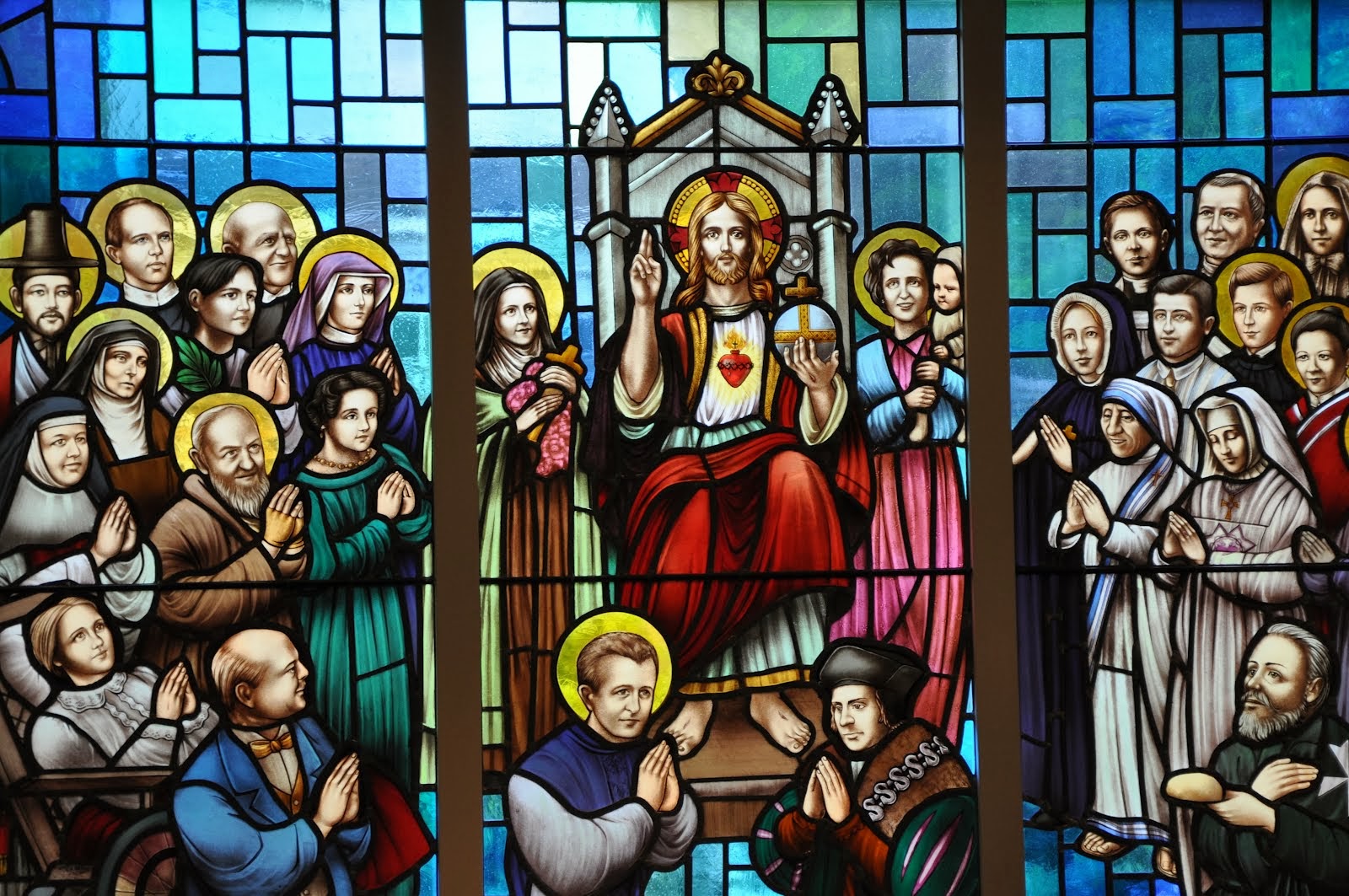
“While men, indeed, cannot make anything out of nothing, but only out of matter already existing, yet God is in this point preeminently superior to men, that He Himself called into being the substance of His creation, when previously it had no existence.” St. Irenaeus (2nd-3rd centuries)
“For God, being good and loving to mankind, and caring for the souls made by Him, – since He is by nature invisible and incomprehensible, having His being beyond all created existence, for which reason the race of mankind was likely to miss the way to the knowledge of Him, since they are made out of nothing while He is unmade, – for this cause God by His own Word gave the Universe the Order it has, in order that since He is by nature invisible, men might be enabled to know Him at any rate by His works.” St. Athanasius (4th century, Doctor of the Church)
“There is nothing unpremeditated, nothing neglected by God. His unsleeping eye beholds all things.” St. Basil the Great (4th century, Doctor of the Church)
“Of God, we cannot say all that ought to be said…In those matters that concern God, to confess our ignorance is already great knowledge.” St. Cyril of Jerusalem (4th century, Doctor of the Church)
“Hear what the blessed Peter says: ‘it is good for us to be here’. But if he, when he beheld some dim image of the things to come, immediately cast away all other things out of his soul, on account of the pleasure produced in it by that vision; what would any one say when the actual reality of the things is presented, when the palace is thrown open and it is permitted to gaze upon the King Himself, no longer darkly, or by means of a mirror, but face to face; no longer by means of faith, but by sight?” St. John Chrysostom (4th-5th centuries, Doctor of the Church)
“Thus the true cause of the blessedness of the good angels is found to be this, that they cleave to Him Who supremely is. And if we ask the cause of the misery of the bad, it occurs to us, and not unreasonably, that they are miserable because they have forsaken Him Who supremely is, and have turned to themselves who have no such essence…For when the will abandons what is above itself, and turns to what is lower, it becomes evil – not because that is evil to which it turns, but because the turning itself is wicked.” St. Augustine (4th-5th centuries, Doctor of the Church)
“We can know what God is not, but we cannot know what He is.” St. Augustine
“What is God? He is almighty will moved by loving kindness, virtue, eternal light, incommunicable reason, highest blessedness; He is the creator of minds to enjoy Himself; He endows them to long for Him, enlarges them to receive Him, justifies them to be worthy of Him, fires them with zeal, fertilizes them that they may bear fruit, guides them into sweet reasonableness, molds them to lovingkindness, regulates them for wisdom, strengthens them for virtue, visits them for consolation, illuminates them for knowledge, preserves them for happiness…He does not merely sound in ears, He enters hearts…He does not beat upon our ears but woos our hearts. His features we see not; and yet they mold us, not by their outward beauty striking on our bodily sight, but by the love and joy they kindle in our hearts.” St. Bernard of Clairvaux (11th-12th centuries, Doctor of the Church)
“We should make no mistake. God is no shadowy or distant being who created us, then abandoned us; nor is He a master who goes away and does not return. Though we do not perceive Him with our senses, His existence is far more true than any of the realities which we touch and see. God is here with us, really present, living. He sees and hears us, He guides us, and knows our smallest deeds, our most hidden intentions.” St Josemaria Escriva (19th-20th centuries)
“In religions such as Buddhism, Hinduism and the like, man is the wooer and God the wooed: man the seeker, God the found. In Judaic-Christian tradition, the role of man to God is that of mirror to light, echo to voice. His love exists not on account of our character, but on account of His. Our highest experience is responsive, not initiative; God loves, we are loved.” Ven Fulton Sheen (19th-20th centuries)
“Our hunger for the infinite is never quieted; even those disillusioned by excess of pleasures have always kept in their imagination a hope of somewhere finding a truer source of satisfaction than any they have tried. Our search for the never-ending love is never ended-no one could really love anything unless he thought of it as eternal. Not everyone gives a name to this infinity toward which he tends and for which he yearns, but it is what the rest of us call God.” Ven. Fulton Sheen
